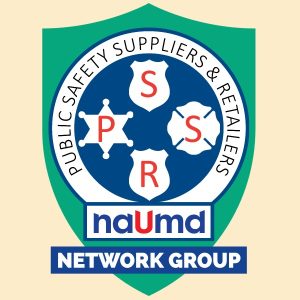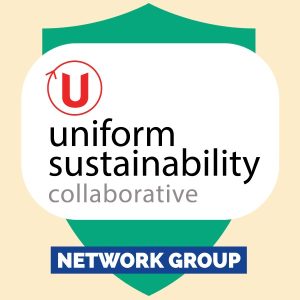Job Summary
The E-commerce Manager leads the development, release, and maintenance of Web applications and services that support the company’s e-commerce business strategy. The role works closely with sales, program implementation and account management to understand customer requirements. You will lead the e-commerce project management team and development resources in implementing innovative e-commerce solutions to create a dynamic customer web experience including ordering, reporting and other client needs as required.
The E-commerce Manager ensures project/department milestones/goals are met while adhering to approved budgets. The role requires extensive knowledge of web development, managing global/remote teams, department processes, ERP (Enterprise Resource Planning), WMS (Warehouse Management System) and CRM (Customer Relationship Management) systems. The role reviews emerging technologies for impact to current operations and recommends changes that will enhance or improve existing e-commerce efforts.
Role and Responsibilities
- Responsible for assisting all associated teams with launching new client websites, modifications to existing client websites, maintaining the website platform and upgrades to the platform
- Manages project timelines and ensures goals are met while adhering to approved budget and communicates timeline impacts due to changes in project scope, if necessary
- Manages and ensures proper and timely communication between all involved departments, team members, managers and customers including offshore teams
- Ensures team and executive/management alignment on team priorities and facilitates timely notification of changes to up/downstream stakeholders
- Documents and maintains customer business rules and system requirements
- Continuously improve usability and enhances the impact of the organization’s E-commerce platform by staying up-to-date with industry developments and constantly looking to enhance the customer experience
- Develop and manage SOP’s and internal training to align all teams on new web development and existing web change processes
- Establish and manage quality standards
Qualifications and Education Requirements
- Bachelor’s degree in computer science, engineering or business preferred.
- Minimum of 4 years of experience with web design and development.
- Minimum of 2 years of experience integrating with ERP systems, SAP preferred.
- Proven success in managing teams (both on-shore and offshore), developing and executing business strategies and building strong relationships with business partners and customers.
Technical Skills
- Designing and developing front-end (UX/UI) and back-end web architecture, E-Commerce experience preferred.
- Knowledge of Web Development disciplines including, but not limited to, Linux environments, open source tools/platforms, version control systems (particularly Git), cross‐browser/cross‐platform compatibility, PHP, application architecture and object‐oriented design.
- ERP Integration Experience required; SAP experience preferred.
- Familiarity with programming languages: PHP, Visual Basic, C#, .NET, with the ability to pick up new languages quickly.
- Working knowledge of HTML, CSS, JavaScript, SQL, XML, JSON preferred.
- Excellent verbal and written communication skills.
Competencies
- Process Management – Taking a systematic approach in contributing to making the company’s workflow more effective, efficient and capable of adapting to an every –changing environment.
- Quality Focus – Ensuring that all work in one’s own area of the business, throughout the organization, by vendors, suppliers, etc. is performed with excellence and to high standards for quality and integrity.
- Information Seeking – Being driven by an underlying curiosity and desire to know more about things, people or issues. This involves going beyond routine questions and digging or pressing for exact information; resolving discrepancies by asking a series of questions; or conducting less-focused environmental scanning for opportunities or miscellaneous information that may be used in the future.
- Planning and Priority Setting – Identifying the priorities, processes, and practical actions that are necessary to achieve an objective or an idea. This requires developing detailed action or project plans including objectives, accountabilities, time frames, standards, review stages and contingencies.
- Communicating – Providing the information required by others in a concise, direct, and unambiguous way. Perceiving how the message effects the receiver and striving to ensure that the receiver clearly understands the specifics and function of the message.
- Negotiating – Identifying key bargaining points for all parties and working effectively toward win-win solutions.
- Organizational Savvy –Gathering and accurately assessing information related to the organization’s formal and information communication channels and power relationships.
















